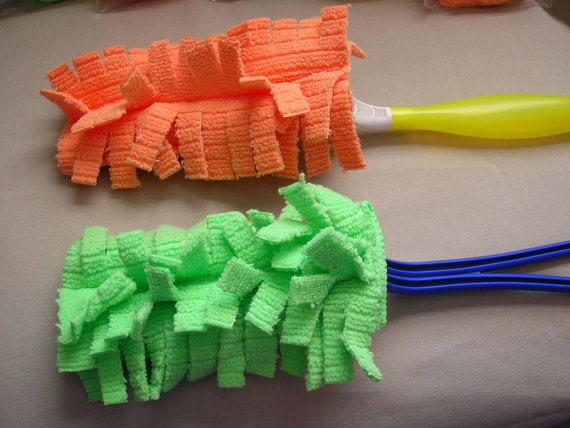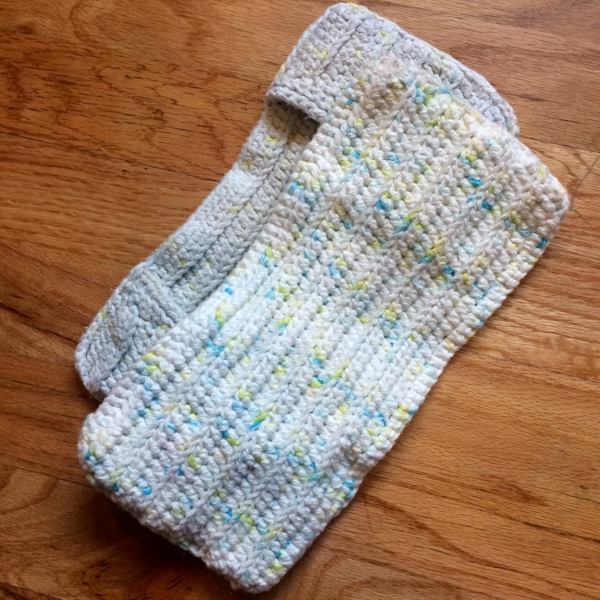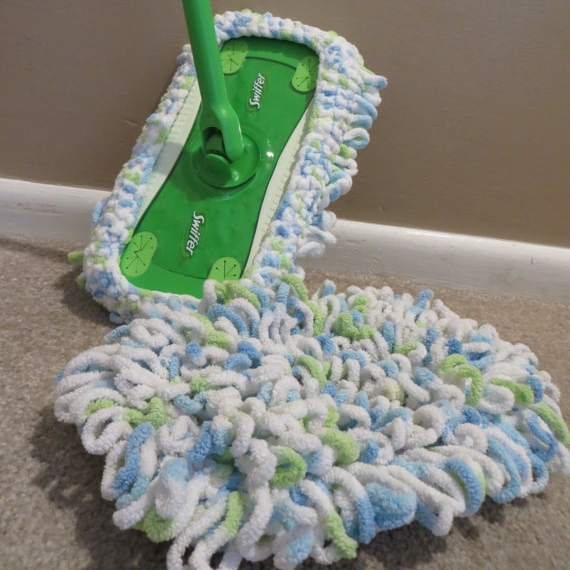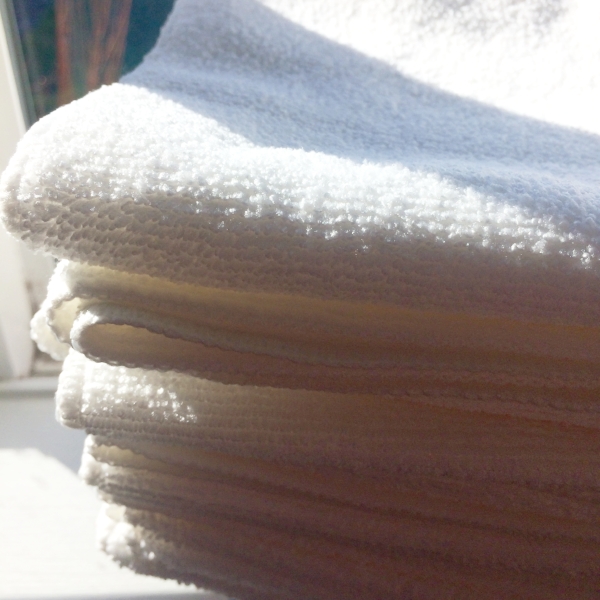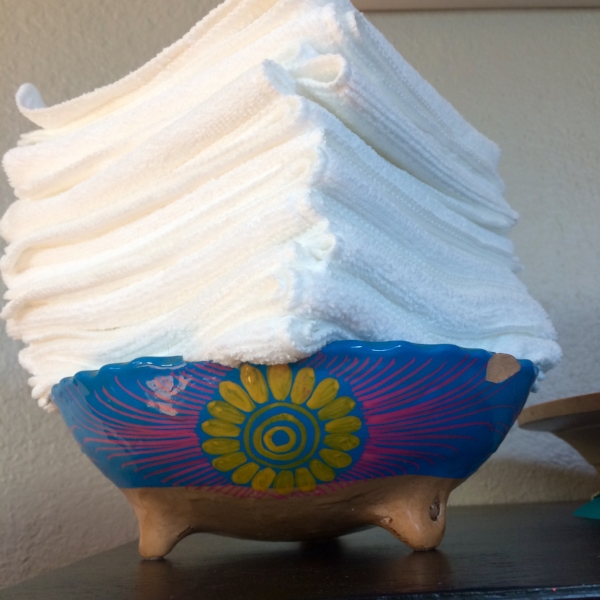Stop putting your money in the trash.
As we looked for ways to save money around the house, one of the things we decided we had to do right away was to quit throwing our hard earned dollars into the trash.
It is easy to go from day to day without giving much thought to the disposable products in our lives. We use foil on some leftovers, a paper towel to mop up a bit of mess, Kleenex to clean a kiddo's nose. From Keurig cups to Swiffer wipes, the disposable items in the world seem to be rapidly multiplying. In most instances, we lived just fine before the latest disposable thing was invented. In fact, our bank accounts were likely better off. When we spend money on a disposable convenience item we don't need, we are literally throwing our money away.
Some in the personal finance world say "Don't sweat the small stuff" when cutting back on expenses. I agree that we can save a much larger lump sum of money when we negotiate the cost of bigger items, like a home or car. However, the nickles and dimes we spend on disposable items suck down our bank accounts in a slow, but steady stream of expenses over the course of our whole lives when they are part of our daily routine. Not only do these costs form a (sometimes significant) part of almost every grocery bill, they have an impact on the size of our garbage bill as well.
Five things we don't buy anymore.
Our house will not be leaving behind toilet paper or Kleenex anytime soon, but below are five disposable items that we don't buy anymore:
1. Swiffer Sweeper, Mop, and Duster covers
Do we love our Swiffer sweeper, mop, and duster? Yes. Do we need the disposable covers? No. You don't have to be handy with a sewing machine or knitting needles to try this trick. I ordered reusable covers for mopping, sweeping, and dusting off of Etsy. They start under $3 and they wash up much easier than a traditional mop.
2. Paper towels
With our tax return this year, we made the decision to replace our paper towels. After some research, we chose to go with microfiber cloths instead of the huck towels used by many others. The microfiber cloths boasted superior absorbency and easy-to-fold square measurements. Reviews of some huck towels indicated that the color would bleed in the laundry, and there were also mixed reviews on their quality and absorbency.
With the price of some huck towels and microfiber cloths being relatively equal, we decided to go with the microfiber. We have a rag bin already, and we wanted to have something reliably absorbent for our paper towel replacement. (Note: the microfiber towels are more likely to collect link in the wash, but it's a small inconvenience.) We originally ordered two dozen towels, but our house of three doesn't need that many. One package of 12 is serving us quite fine.
Our rules: Straight up dirt and/or pet messes get cleaned up with a rag (which is thrown away if necessary), while our "paper" towels are reserved for food clean up, kitchen counters, hand drying, etc. Our rag bin is made up of assorted worn out fabric items. Clothes, towels, and other items not fit for reuse in their original form are cut up into easy-to-use rag size and kept handy in an attractive wicker bin on top of the fridge.
3. Napkins
Some households keep it simple and have one type of towel do triple duty in the kitchen, substituting for rags, paper towels, kitchen towels, and napkins. We're open to trying this out at some point in the future, but, for now, we've kept a hierarchy of kitchen linens in place. We began using cloth napkins some months back as a test when we began thinking about giving up our paper towels, and it was a breeze to switch over.
4. Storage jars
What is easier to reuse than a jar? When we cleaned and organized our bathroom last year, we upcycled jars from our recycling bin to hold cotton swaps and other essentials. Not only was it easy, but the clear glass containers effortlessly made our bathroom look coordinated, clean, and modern. This strategy could be used in almost any area of the house, eliminating the need to buy storage containers, tuperware, and more.
These storage jars are from the clean and modern pantry of our friend Hanni. (She also deserves the photo credit!)
5. Coffee filters
We make coffee three ways in our house, but we don't use disposable pods or filters. My husband is a dedicated fan of cold brew. On slow, weekend mornings, I make Chemex coffee with a reusable filter. But most of the time, I use a quick, one-cup coffee maker with a reusable brew basket. (Side note: If you use a Keurig, there is no reason to despair! There are ways to eliminate k-cup waste.)
More important than money.
While we've focused on the financial impacts of disposable household goods, there is a significant environmental impact too. Paper towels alone make up 2% of all the garbage in a landfill. And how many trees were harvested for a year's worth of paper towels to be used once and before being toted off to fill up landfill space? More than just the money, this is a strong motivator to switch to non-disposable household goods.
What's next?
Reducing the disposable things in our life is an ongoing adventure. We'll be seeking out possible alternatives for ziplock bags, and I'll also follow the Mister's example and start bringing utensils to work with my lunch. What ideas have we missed? We'd love to hear how you've quit throwing money away.
Keep in Touch.
Mindfully Spent subscribers get periodic email updates on what's new, and we share every post as it happens on our social media accounts.


